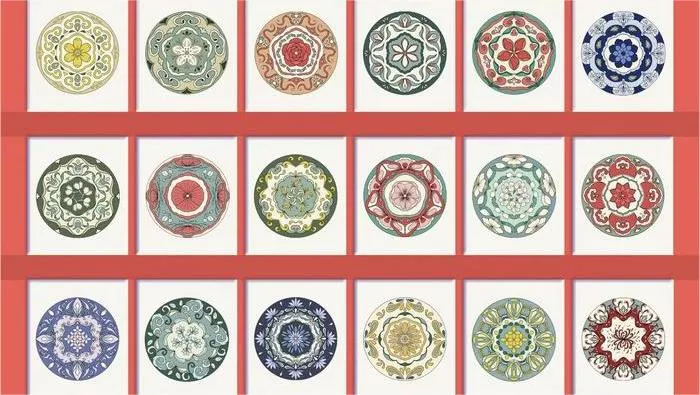As the season of blooming flowers unfolds across China, floral cultural products are witnessing a surge in popularity among tourists. Yuyuantan Park, a picturesque destination in Beijing renowned for its cherry blossoms, has unveiled a range of new attractions, including cherry blossom-shaped popsicles, drawing crowds of travel enthusiasts eager to capture the essence of spring in photographs.
In a bid to enhance visitor experiences, the park administration announced in February via its official WeChat accounts plans to upgrade its lineup of cultural creative products. These offerings include cherry blossom-themed bracelets, scarfs, blankets, and more.
Simultaneously, specialty shops dedicated to cultural creativity have introduced spring-themed display sections as temperatures rise. One storekeeper, situated on Beijing’s bustling Wangfujing Shopping Street, remarked that their floral-adorned display has not only attracted numerous customers but has also bolstered sales as visitors share their experiences on social media platforms.
“With the approaching Qingming Festival, we anticipate another surge in sales,” the storekeeper noted. The Qingming Festival, also known as the Tomb-Sweeping Festival, falls on April 4th this year, marking a three-day public holiday in China.
The blossoming trends extend beyond Beijing, with cities like Luoyang, located in central China’s Henan Province, preparing for the upcoming peony season. Revered as a symbol of longevity and prosperity, peonies hold cultural significance that resonates with people of all ages and social backgrounds.
The cultural product studio at the Luoyang Museum has introduced a new item: the Zhuyan Mirror. Adorned with intricate peony and lotus flower patterns, this cosmetic mirror has quickly become a bestseller in the museum’s Taobao flagship store.
Beyond aesthetic appeal, customers are seeking products imbued with cultural values. “The cultural significance is what I cherish the most,” expressed a visitor outside a specialty shop at the Palace Museum, also known as the Forbidden City, in Beijing.
To stay competitive, numerous brands and designers are integrating floral motifs with traditional Chinese culture. For instance, the cultural and creative product studio at the Temple of Heaven in Beijing has launched a 24 Solar Terms fridge magnet collection, showcasing the iconic Hall of Prayer for Good Harvest amid seasonal flowers for each Solar Term.
Floral elements are also inspiring designers in their creative endeavors. Li Jing, an individual designer, garnered over 1,500 likes on Xiaohongshu, a popular lifestyle-sharing platform in China, for her collection of 24 Solar Terms floral patterns. Each pattern corresponds to the symbolic flower that blooms during a specific Solar Term.
Li intends to commercialize her creativity by developing cultural products based on these patterns, such as metal and acrylic badges, as well as tri-colored glazed pottery ornaments. “Cultural memories contribute to the sustainable development of creative products, attracting customers in the long term,” Li remarked on her decision to merge traditional culture with floral elements.


